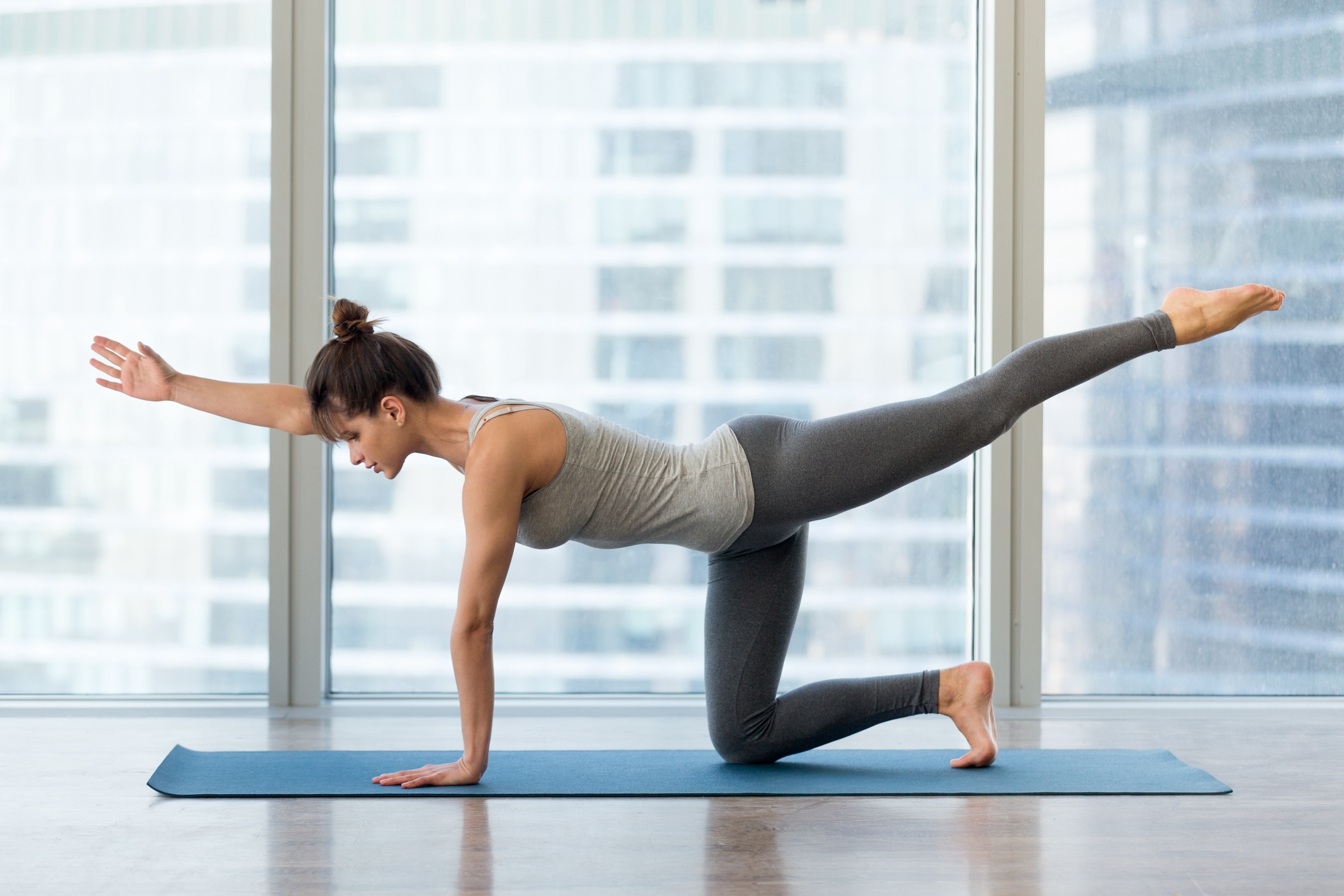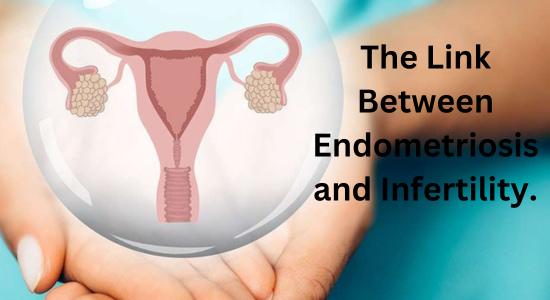Introduction
Reproductive health is a vital aspect of overall well-being, influencing fertility, hormonal balance, and sexual health. Exercise plays a crucial role in improving reproductive health by regulating hormones, enhancing blood circulation, reducing stress, and maintaining a healthy body weight. This article explores how different types of exercise can positively impact reproductive health in both men and women.
How Does Moderate Exercise Improve Fertility in Women
Moderate exercise plays a crucial role in enhancing fertility by improving hormone balance, reducing stress, and supporting overall reproductive health. Here’s how:
1. Regulates Hormonal Balance
- Exercise helps maintain healthy levels of estrogen and progesterone, which are essential for ovulation and menstrual cycle regularity.
- Reduces insulin resistance, which is especially beneficial for women with PCOS (Polycystic Ovary Syndrome), a common cause of infertility.
- Enhances thyroid function, preventing hormonal imbalances that may disrupt ovulation.
2. Improves Ovulation and Menstrual Cycle Regularity
- Boosts blood circulation to the reproductive organs, improving ovarian function.
- Helps regulate the hypothalamic-pituitary-ovarian (HPO) axis, which controls the menstrual cycle.
- Reduces anovulation (lack of ovulation), increasing the chances of conception.
3. Reduces Stress and Lowers Cortisol Levels
- Chronic stress raises cortisol levels, which can suppress reproductive hormones.
- Moderate exercise, such as walking, yoga, and swimming, releases endorphins and lowers stress, promoting fertility.
4. Helps Maintain a Healthy Weight
- Excess body fat can lead to higher estrogen levels, disrupting ovulation.
- Low body fat can cause irregular periods or even amenorrhea (loss of periods).
- Exercise helps maintain a healthy BMI, optimizing fertility.
5. Reduces Inflammation and Supports Egg Quality
- Chronic inflammation can negatively impact egg quality and implantation.
- Exercise reduces oxidative stress, improving overall reproductive function.
- Supports mitochondrial function in eggs, enhancing their quality.
Best Exercises to Boost Reproductive Health Naturally
Regular physical activity enhances fertility, hormone balance, and reproductive function in both men and women. The key is moderation—too little exercise can lead to weight gain and hormonal imbalances, while too much can negatively impact fertility.
Here are the best exercises to naturally improve reproductive health:
1️⃣ Walking (Brisk or Moderate Pace)

✅ How it helps:
- Improves blood circulation to reproductive organs.
- Reduces stress and cortisol levels, which affect hormone balance.
- Supports healthy weight management, improving ovulation and sperm quality.
Recommended: 30–45 minutes, 5 times a week.
2️⃣ Yoga & Stretching

✅ How it helps:
- Regulates hormonal balance and supports the thyroid and adrenal glands.
- Reduces stress and anxiety, which can interfere with conception.
- Increases blood flow to the pelvic area, improving ovarian function.
Best fertility-boosting yoga poses:
- Butterfly Pose (Baddha Konasana) – Stimulates ovaries and enhances circulation.
- Legs Up the Wall (Viparita Karani) – Improves blood flow to reproductive organs.
- Cobra Pose (Bhujangasana) – Helps regulate menstrual cycles.
- Child’s Pose (Balasana) – Reduces stress and tension.
Recommended: 3–4 sessions per week, 20–30 minutes per session.
3️⃣ Strength Training (Light to Moderate) ️
:max_bytes(150000):strip_icc()/1229823-GettyImages-1370779225-1c0cadcb4dd045daa2dad4e3040acf65.jpg)
✅ How it helps:
- Boosts insulin sensitivity, crucial for women with PCOS.
- Enhances testosterone levels in men, improving sperm count and motility.
- Increases metabolism and fat loss, supporting hormone regulation.
Best fertility-friendly strength exercises:
- Squats – Strengthens pelvic floor muscles.
- Deadlifts – Improves circulation and hormone production.
- Lunges – Enhances blood flow to reproductive organs.
- Planks – Strengthens core and reduces stress.
Recommended: 3 times per week, light to moderate weight (avoid overtraining).
4️⃣ Low-Impact Cardio (Swimming & Cycling)

✅ How it helps:
- Improves cardiovascular health, enhancing oxygen supply to reproductive organs.
- Boosts energy levels and reduces inflammation.
- Helps maintain healthy weight and BMI for fertility.
Recommended: 30–45 minutes, 3–5 times a week.
5️⃣ Pelvic Floor Exercises (Kegels & Bridges)

✅ How it helps:
- Strengthens pelvic muscles, improving reproductive organ function.
- Enhances blood flow to the uterus and ovaries.
- Supports healthy pregnancy and delivery.
Best exercises:
- Kegel Exercises – Strengthens pelvic muscles.
- Bridge Pose – Activates core and improves circulation.
- Hip Thrusts – Strengthens lower body and enhances pelvic stability.
Recommended: 3–4 times per week, 10–15 reps per exercise.
Can Yoga Help Regulate Menstrual Cycles and Improve Fertility
Yes! Yoga is highly effective in regulating menstrual cycles and improving fertility by balancing hormones, reducing stress, and enhancing blood flow to reproductive organs. It’s especially beneficial for women dealing with irregular periods, PCOS, hormonal imbalances, and stress-related infertility.


Pingback: Exercise and Hormonal Balance in Women